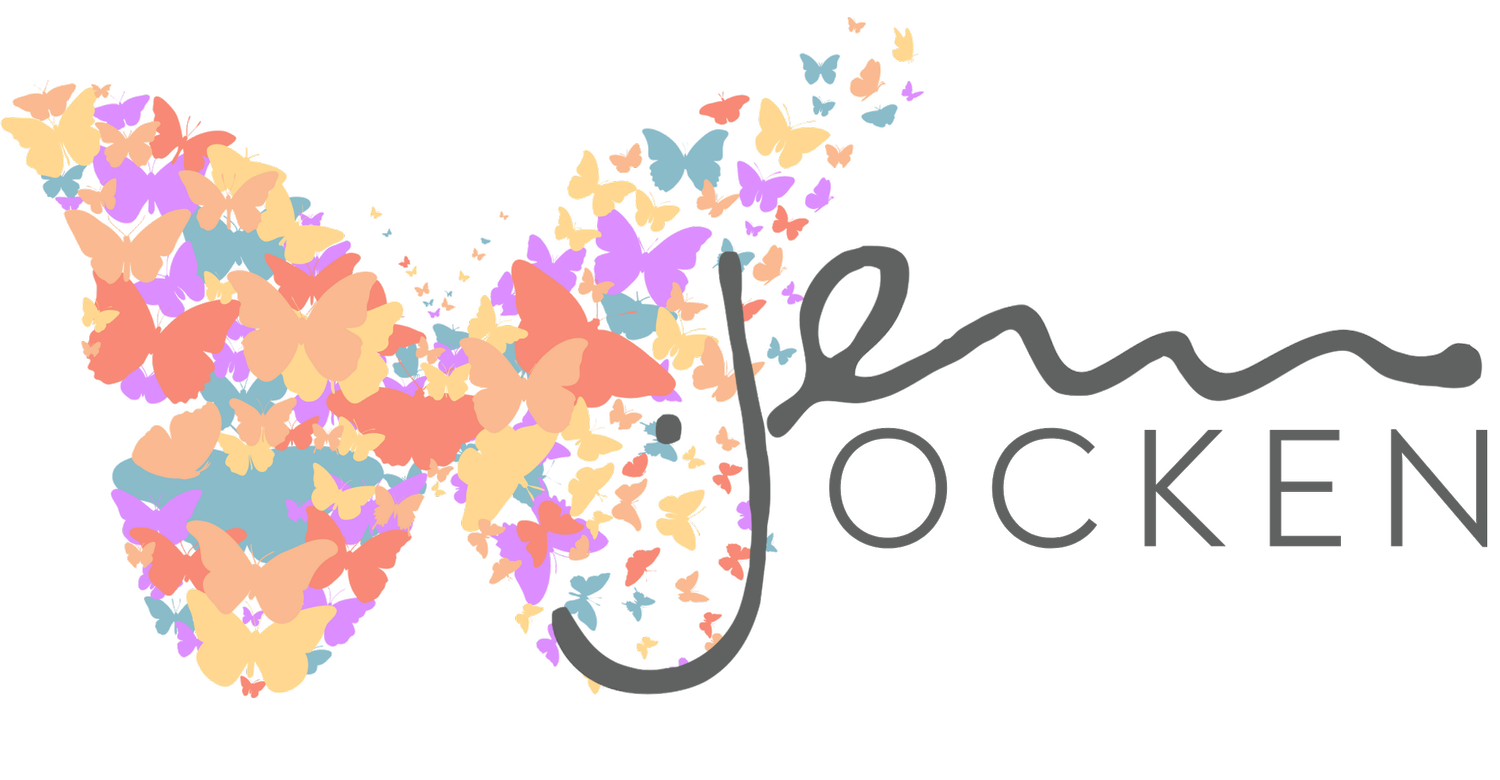The Invisible Weight We Carry: How Over-Adapting Holds Us Back (and How CAI Frees You)
Adaptability is a superpower—until it's not.
Leaders, entrepreneurs, and visionaries often pride themselves on their flexibility, their ability to pivot at a moment’s notice. It’s a celebrated strength: staying nimble, adjusting strategies, absorbing shocks without missing a beat. But there's a fine line between healthy adaptability and chronic over-adaptation. And chronic over-adapting in leadership comes with a hidden cost many don't realize until it shows up as leadership fatigue, burnout, and blurred vision.
Over-adaptation happens quietly. It's the moment you say yes when your gut whispers no. It's smiling when you’re exhausted, showing up when your tank is empty, and squeezing into molds that were never meant for you. Over time, this constant recalibration becomes an invisible burden—a quiet, relentless drain on your emotional and energetic resources.
When Being "Good at Everything" Starts Breaking You:
Take Sarah, a driven entrepreneur who prided herself on never missing an opportunity. She founded a marketing agency rooted in storytelling and creativity. Initially, the rapid pace of saying yes to every client request felt exhilarating—she loved the hustle and thrived on being the "go-to" person who could handle anything. Sarah adjusted to every new market demand, pivoted her services to stay competitive, and went above and beyond for her team, believing that constantly adapting was the only way to succeed.
However, over time, subtle signs of leadership fatigue began to surface. Sarah’s calendar became packed, leaving no room for reflection or realignment. Her sleep quality deteriorated, replaced by anxious nights spent mentally preparing for endless meetings. The business she once passionately nurtured started feeling more like an obligation than an inspiring venture. Her creativity diminished, replaced by reactive, stress-driven decisions. Physically, she felt perpetually drained, plagued by tension headaches and fatigue. Emotionally, she realized she was becoming disconnected—not just from her work, but from her team and herself.
One morning, exhausted and overwhelmed, she found herself staring at her overflowing calendar, feeling a deep sense of dread rather than excitement. It hit her then—she had adapted herself completely out of alignment with her original vision, values, and joy.
The Unseen Costs of Constant Adaptation:
Diluted Vision: Constantly shifting gears can blur your clarity and dilute your original purpose, leading to scattered efforts and compromised outcomes.
Emotional Fatigue: Always "being on" erodes your emotional reserves, making genuine connection and effective decision-making increasingly challenging.
Physical and Energetic Drain: The subtle yet relentless strain can manifest physically—in disrupted sleep, persistent tension, or chronic fatigue—subtly signaling a misalignment you might otherwise ignore.
The trouble with over-adapting isn’t immediately obvious. It's praised as flexibility or celebrated as resilience. But eventually, it catches up—often showing up as leadership burnout, stalled projects, or a growing sense of frustration and un-fulfillment.
How Creative Adaptive Intelligence (CAI) Helps:
Creative Adaptive Intelligence isn’t about relentless pivoting—it’s about aligned adaptability.
CAI offers a sustainable leadership strategy: helping leaders recognize when to adapt, when to stay rooted, and how to protect their energy without compromising their impact.
With CAI, Sarah’s adaptation might look like this:
Intuitive Alignment: Honoring her inner signals and gut feelings as legitimate decision-making partners, rather than ignoring them in favor of external validation.
Purpose-Driven Action: Only adapting when it amplifies her purpose and maintains her integrity, not just because circumstances or expectations shift.
Energetic Sustainability: Prioritizing personal energy and emotional bandwidth, recognizing these as critical resources that fuel genuine adaptability and sustained leadership.
CAI asks leaders like Sarah to pause deeply and reflect before automatically saying yes. Instead of reacting, she would intentionally check if an opportunity truly aligned with her original vision—or if it was pulling her off course. This subtle shift—pivoting with purpose instead of pressure—would help her reclaim her energy, leadership clarity, and creativity.
Dropping the Invisible Weight:
Imagine the relief of no longer carrying the invisible weight of constant recalibration. Picture leading with clarity, grounded in conscious decision-making that energizes rather than depletes you. This isn’t about rigidly sticking to a plan—it’s about freeing yourself to adapt with wisdom and intention.
CAI doesn't just lighten the invisible weight—it dissolves it entirely.
So ask yourself:
Where am I adapting unnecessarily?
What emotional or energetic price am I quietly paying?
How might my leadership change if I only adapted from a place of deep alignment and clarity?
You deserve to adapt with purpose, not exhaustion. You deserve to thrive with aligned adaptability, sustainable leadership strategies, and a leadership path that protects your energy and magnifies your impact.
Before You Say Yes Again...
Catch yourself in the moment. A simple pause can be the difference between draining your energy and strengthening your leadership.
Quick Everyday Check-In:
Does this opportunity feel aligned with my vision?
Will this energize me or deplete me?
Am I adapting because I truly choose to, or because I feel pressured to?
That quick gut-check can transform your adaptability from a hidden burden into a conscious leadership advantage.
With CAI, adaptation becomes your conscious ally, guiding you into sustainable, aligned success—without the hidden costs.


